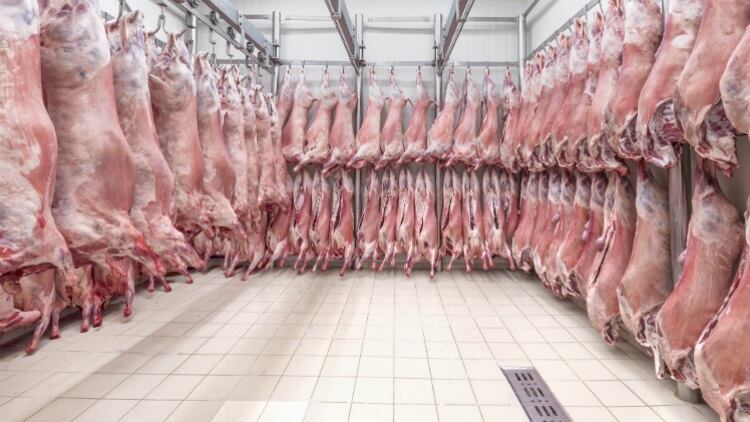Rolling out across January, the campaign will involve advertisements being published in a number of Belgian publications, as well as a social media initiative aimed at attracting viewers to the Animal Welfare Service website through an animated banner.
The website advises businesses on the new legislation on slaughtering animals without stunning.
According to the Flemish animal minister Ben Weyts, sheep, small ruminants and poultry will only be allowed to be slaughtered according to the method of reversible electro narcosis: a technique in which the stunned animal becomes insensitive to pain.
Meanwhile, calves and cattle will only be allowed to be slaughtered with post-cut-stunning anaesthesia – a method applied immediately after the cut.
Weyts believed that, with this decision, Belgium had taken the lead internationally in terms of animal welfare.
“We want everyone to know what we are changing and why we do that. A civilised society such as Flanders has the damn duty to effectively avoid avoidable animal suffering,” said Weyts. “We have taken many steps forward in this area in recent years. This step forward may rightly be described as 'historical' for once. We can all be proud of the community that can change this.”
The move is part of Weyts’ efforts to wipe out halal and kosher slaughtering in Belgium since taking office in 2014.
According to The Times, Jewish and Muslim leaders of Belgium have reacted negatively to the decision, describing it as “religious discrimination”, claiming that halal and kosher methods of slaughter were less painful and more humane.


